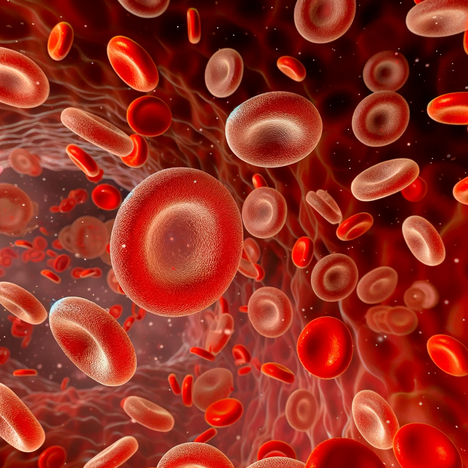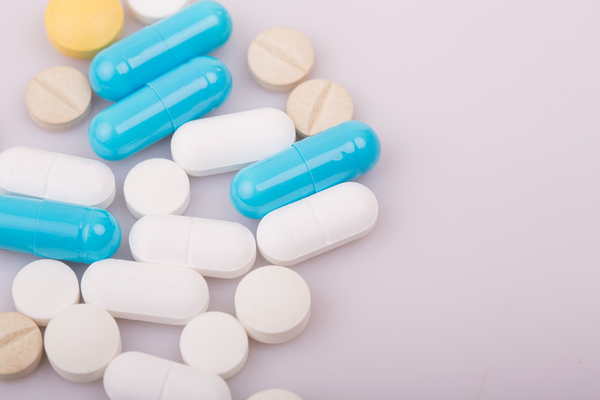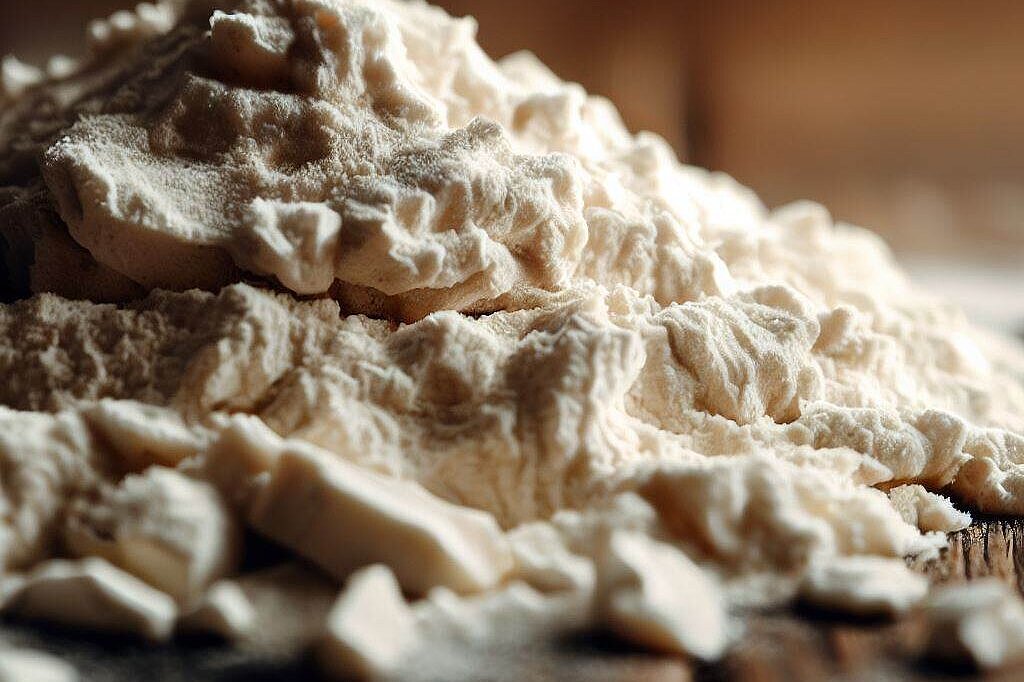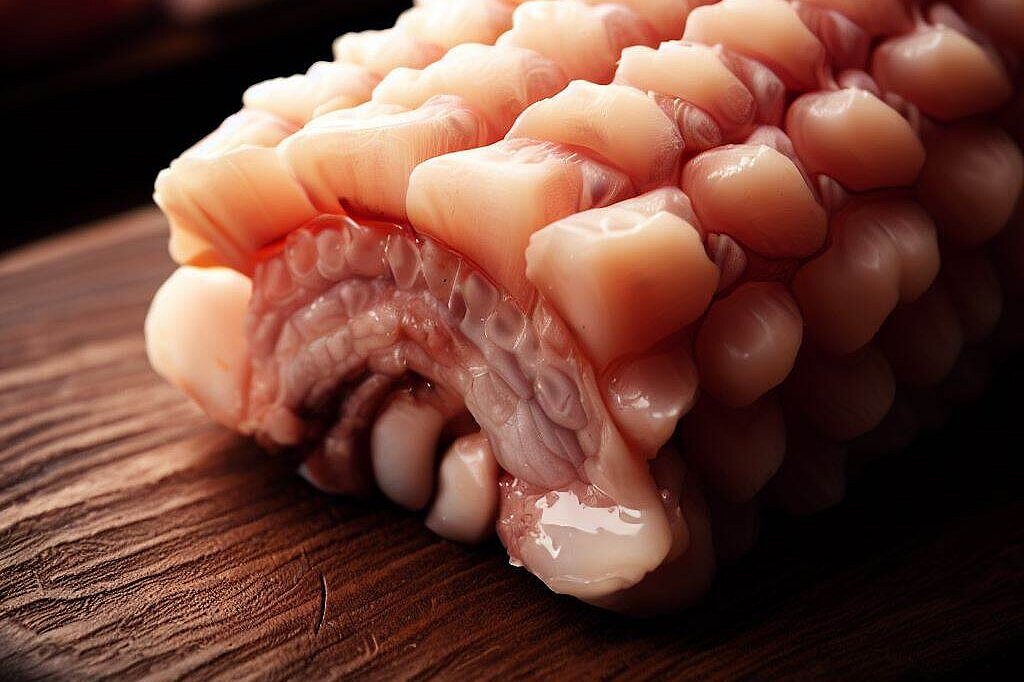Heparan sulfate

Heparan sulphate, a complex molecule found in the cell matrix of all animal organisms, plays a crucial role in a variety of biological processes. Its functions range from involvement in cell division to blood clotting, making it an important factor in the health and well-being of dogs. In this article, we dive deep into the world of heparan sulphate to understand its functions and how it can affect the health of our dogs.
What is heparan sulphate?
Heparan sulphate is a glycosaminoglycan (GAG) that is bound to proteins to form so-called proteoglycans. These molecules are found on the surface of cells and within the extracellular matrix and are responsible for regulating a variety of cellular functions. Heparan sulphate interacts with a variety of proteins to mediate signals that are essential for cell growth, cell migration, blood clotting and inflammatory responses.
Heparan sulphate and its importance for dogs
Benefits of heparan sulphate
Support of cell communication
Heparan sulphate plays a key role in mediating communication between cells. This communication is critical for many processes, including tissue growth and repair, which is important for healing injuries in dogs.
Contribution to blood clotting
Heparan sulfate's involvement in blood clotting helps to minimize the risk of excessive bleeding from injuries. This is particularly important for surgical procedures or injuries.
Promotion of wound healing
Due to its ability to interact with growth factors, heparan sulphate can accelerate wound healing. This makes it a potential candidate for therapeutic applications in the treatment of skin injuries in dogs.
Disadvantages and considerations
Potential side effects
While the natural presence of heparan sulfate in the body is essential for its normal functions, the external delivery of high doses - such as through medication - can have potential side effects. These include disturbances in the blood clotting system, which can lead to bleeding or thrombosis.
Challenges in therapeutic use
The complexity of the heparan sulphate molecule and its diverse biological interactions pose a challenge for the development of drugs based on this molecule. The specific effects can be difficult to predict and control.
A balancing act in dog health
Heparan sulphate is a molecule that plays a central role in the health and well-being of dogs. Its involvement in a variety of biological processes makes it an important factor in cell communication, blood clotting and wound healing. While the natural presence of heparan sulfate in the body of dogs is beneficial, its external application through therapeutic means requires caution and a deep understanding of its functions and potential side effects. It is important for veterinarians and dog owners to find the balance to reap the benefits of heparan sulfate without jeopardizing the dog's health. Further research and prudent management are critical to fully realize the therapeutic potential of heparan sulfate while minimizing the risks.
If you notice any signs of hypersensitivity or poisoning in your dog, you should see your vet immediately. We are not a substitute for a vet, but we try to be as accurate as possible. Every dog reacts differently and we recommend you get a second opinion or consult your vet if in doubt.
Stay healthy and take good care of your four-legged friend!😊
Similar to Heparan sulfate
Chondroitin sulphate is a so-called joint nutrient that cannot be produced by the dog's body. It must therefore be taken in with food. Chondroitin sulphate has several positive effects on the dog's...
Hyaluron has various positive effects for your dog. Firstly, it supports skin health and can help with dry, flaky or inflamed skin. Hyaluron moisturizes and promotes wound healing. It can also make...
Glycosaminoglycans (GAGs) are long chains of sugar molecules that can combine with proteins to form larger structures. These structures are called proteoglycans. GAGs and proteoglycans are important...
Chondroitin is a so-called glycosaminoglycan, which consists of sugar molecules that bind to proteins. These compounds form large molecules called proteoglycans. Proteoglycans are important building...



